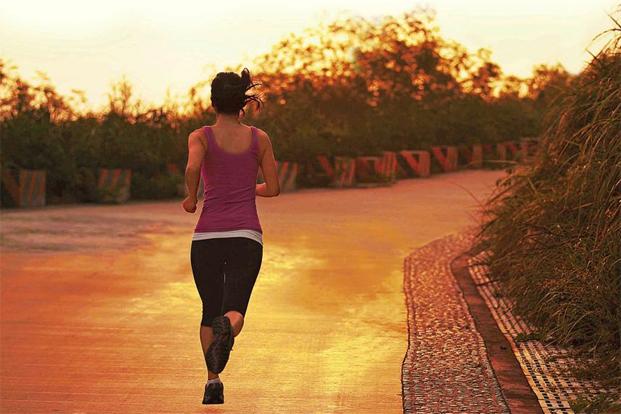There may be no escape from air pollution in most metros but you could at least try to boost your immunity levels.
The link between air quality and health is direct and immediate. Last year, the World Health Organization declared Delhi to be the world’s most polluted city.
A study published in the Atmospheric Pollution Research journal in February 2014, which looked at the number of cases of cardiovascular mortality, respiratory mortality and chronic obstructive pulmonary disease cases in Delhi hospitals, found that from 1991-2010, the mortality rate attributed to air pollution had increased by 100% in the Capital. “Fifteen per cent of total deaths in the NCR (National Capital Region) are air pollution-related mortalities,” says Ajay Singh Nagpure of the University of Minnesota, US, the main author of this study, on email. “You need to check pollution levels in the area before doing any outdoor activity, including exercise.”
That’s not all. A 2013 report by the non-profit, Centre for Science and Environment, and the Indian Council of Medical Research found that the number of premature deaths caused every year by particulate air pollution had increased six times since 2000, to 620,000 deaths in 2010. “Air pollution has been linked to impaired lung growth and lung function in both children and adults,” says New York, US, based Neil W. Schluger, chief scientific officer, World Lung Foundation. “In addition, pollution has been linked to increased frequency of lung infections and exacerbations of asthma. There is also evidence that air pollution is linked to an elevated risk of lung cancer.”
What can people do? One, advocate for cleaner air. “Sign petitions, join advocacy groups or use social media to support calls for government to implement legislation that helps reduce air pollution,” adds Schluger.
Two, take precautions. SAFAR-AIR, a mobile app released recently by the Union earth sciences ministry (free on Google Play), provides air quality forecasts in real time. Presently, it’s available for Delhi, Mumbai and Pune. Download, track and, if possible, avoid being outdoors when pollution levels are high.
Three, try and build up your immunity levels. Fruits, vegetables and exercise can all help. Some tips-
PRACTISE PRANAYAM
Pranayam, a breathing technique, can increase lung capacity, allowing your body to flush out air toxins, according to a study. Researchers at the Government Ayurved College in Nanded, Maharashtra, studied 60 people who practised 60 minutes of Pranayam daily over 12 weeks, tracking their lungs through a spirometer test every day. Those who were regular with their Pranayam reported improved lung function at the end of the study, published in the ‘International Research Journal Of Pharmacy’ in March 2012. “Regular adherence of Pranayam increases the capacity of lungs and supplies more oxygen to your blood,” says Lucknow-based senior pulmonologist Rajendra Prasad, a former director of New Delhi’s Vallabhbhai Patel Chest Institute.
A SQUEEZE OF CITRUS
Follow your grandma’s advice and add a dash of lemon to your tea, or have an orange before you head out. Researchers at the Imperial College London, UK, have found that patients of chronic obstructive pulmonary disease or asthma are more likely to be hospitalized if they’ve not had enough vitamin C. The study, which was published in the journal ‘Epidemiology’ in 2012, says that vitamin C has antioxidant properties that can help alleviate the effects of air pollutants. Citrus fruits and dark green vegetables like broccoli and spinach are all high in vitamin C. “‘Amla’ (Indian gooseberry) is especially a good source to improve overall immunity,” says New Delhi-based nutritionist Ishi Khosla.



